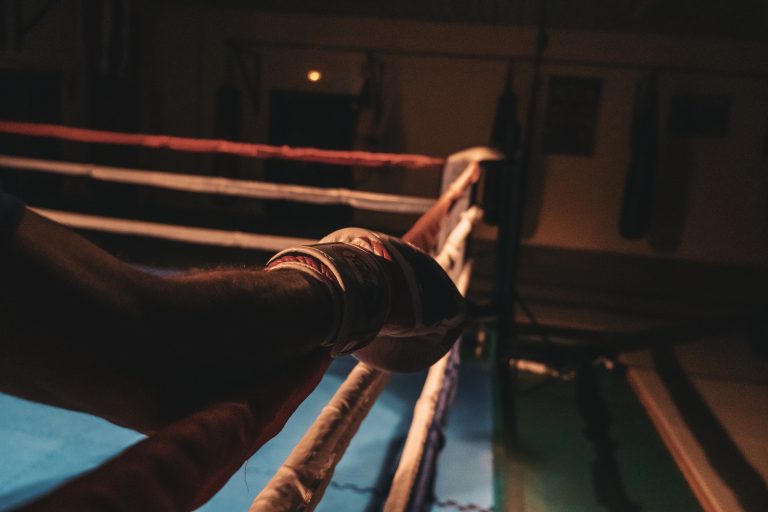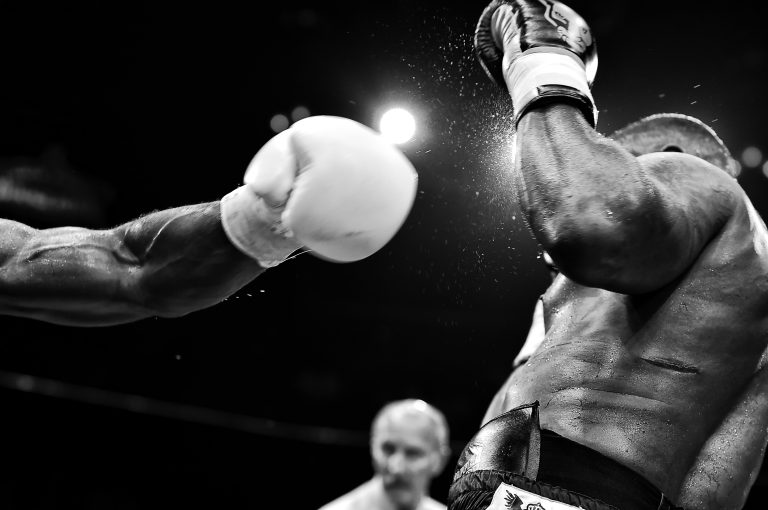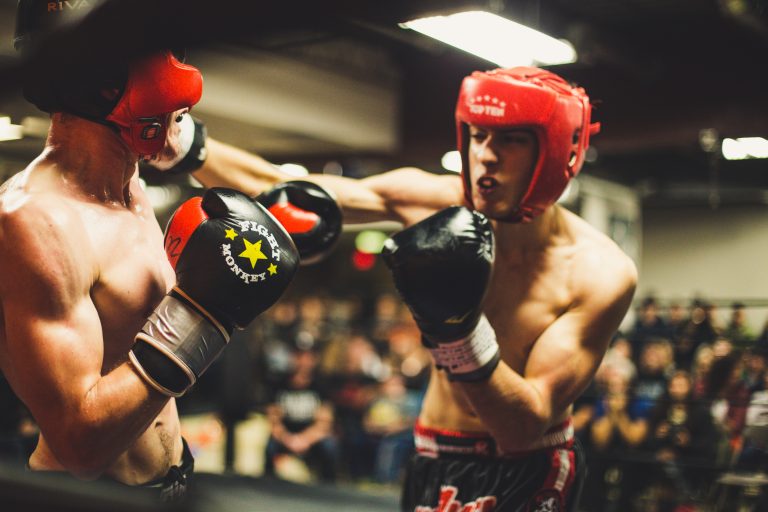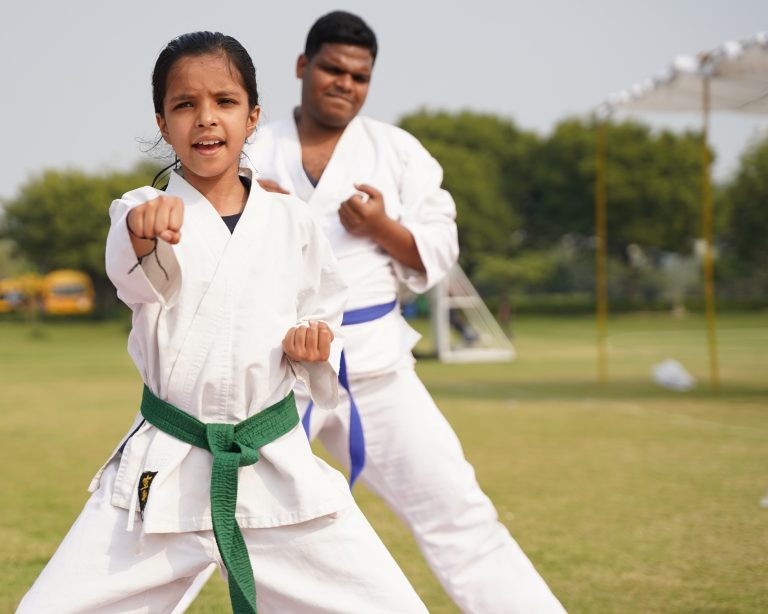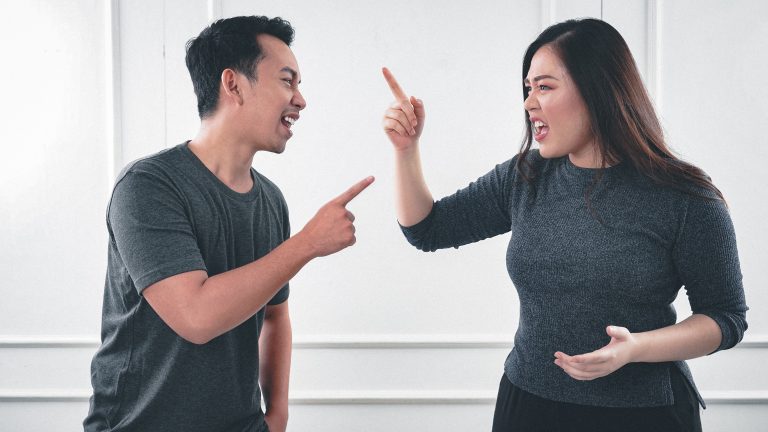The Benefits of Training in Karate for Kids and Teens
Karate is one of the most popular martial arts styles in the world and it has a great appeal to children and teens. While all martial arts can be beneficial, karate stands out because it offers a variety of advantages that even young people can appreciate. In this blog post, we’ll discuss the various benefits of training in karate for kids and teens, so that readers can make an informed decision about enrolling their children in karate classes.
1. Learns Self-Discipline
Karate is not only a martial art, but it also requires a significant amount of self-discipline. This is especially true for younger students since most karate schools emphasize etiquette and respect for one’s peers. As children and teens train in karate, they will learn to control their emotions and stay focused on their goals. This kind of discipline carries over into their daily lives, helping them stay organized, maintain good grades, and make better decisions.
2. Enhances Focus and Concentration
Karate revolves around the concept of perfecting each technique with the utmost precision and attention to detail. With the use of practice drills and repetition, karate trains the mind and body to stay focused on the task at hand. Young people learn to concentrate more effectively on tasks, develop better memory retention, and maintain greater mental clarity over extended periods of time.
3. Builds Self-Confidence
Karate is a very effective way to build self-confidence in children and teens. By mastering each technique and achieving new levels through testing and promotion, young students can take pride in their accomplishments. The physical and mental discipline taught by karate can provide young people with the necessary confidence to face challenging situations that arise in school and at home.
4. Improves Physical Fitness
Karate builds strength, flexibility, agility, and balance through its combination of stretching, sparring drills, punching drills, and kicking drills. By engaging in these physical activities, young students learn to take care of their bodies and understand the importance of physical fitness. As they progress through the belt system they will also gain an understanding of how to optimize performance within their limits.
5. Enhances Coordination
Karate is truly an incremental art form, as each technique builds upon the next in order to help children understand how to fluidly combine various movements together in order to achieve maximum efficiency and power. By practicing this dynamic coordination, young students can gain enhanced balance as well as fine motor skills that may be applied to everyday tasks.
6. Increases Self-Defence Skills
Although karate is a non-violent martial art, it remains one of the most effective methods for young people to protect themselves if needed. Through rigorous drills and sparring exercises, students learn to use their strength and skill strategically in order to subdue an opponent or harasser without causing them harm. The physical movements taught in karate can also help children become aware of potential danger as well as free themselves from potentially unsafe situations.
7. Develops Mental Resilience
Karate schools typically encourage students to push themselves beyond their comfort zone during practice sessions. By doing this, kids learn to stay focused even when exhausted or frustrated so they can complete whatever they set out to do. This commitment to perseverance carries over into their academic lives as they learn to stay motivated even when presented with difficult tasks or seemingly insurmountable challenges.
Conclusion
Karate is an excellent way for children and teens to develop both physical and mental strength while learning valuable life skills such as self-discipline and self-confidence. From gaining physical fitness through drills and sparring exercises to developing mental resilience through dedication and commitment, karate can give young people the tools they need to succeed both in their academic life as well as their personal endeavours. If you’re considering enrolling your children or teens in karate classes, keep these benefits in mind as you make your decision.
Sources:
1) Travers, Jack. “10 Benefits of Martial Arts Training for Kids & Teens” Martial Arts News Network (MANN). https://www.mann.media/martial-arts/martial-arts-for-kids/10-benefits-of-martial-arts-training-for-kids-teens/
2) Holinde, Annalise. “What Are the Benefits of Taking Karate Classes for Children?” Verywell Family. https://www.verywellfamily.com/take-karate-classes-for-children-4157554
3) Moore, David C. “Benefits Of Taking Martial Arts For Children & Teens” Martial Arts School Owners Association Global (MASOAG). https://joinmasoag.com/blog/benefits-of-taking-martial-arts
The Benefits of Training in Karate for Kids and Teens: Frequently Asked Questions
Karate is a martial art that is popular all around the world, for people of all ages. When it comes to children and teenagers, karate offers a range of benefits, from improving physical fitness to building character, discipline, and self-confidence. In this post, we will answer the most frequently asked questions about the benefits of training in karate for kids and teens, so you can decide if this is the right activity for your child.
What is Karate?
Karate is a Japanese martial art that involves using the hands and feet for striking, blocking, and grappling. Karate has many different styles, each with their own unique techniques and forms. The goal of karate is not to be aggressive or violent, but to develop self-defense skills, discipline, and inner strength.
What Are the Benefits of Training in Karate for Kids and Teens?
There are many benefits of training in karate for kids and teens. Here are some of the most important ones:
Physical Fitness
Karate is an intense physical activity that involves a lot of movement, stretching, and strengthening exercises. Training in karate can help kids and teens improve their flexibility, agility, endurance, and overall physical fitness.
Self-Defense Skills
Karate is a martial art that teaches self-defense techniques that can help kids and teens protect themselves from physical harm. While we hope they never have to use them, these skills can help build confidence and provide peace of mind.
Discipline and Respect
Karate is an activity that requires a lot of discipline and respect for both oneself and others. Kids and teens who train in karate learn to follow instructions, work hard, and show respect to their instructors and fellow students. These traits can carry over into all areas of life.
Self-Confidence and Self-Esteem
One of the most important benefits of training in karate for kids and teens is increased self-confidence and self-esteem. As they learn and master new techniques, they become more confident in their abilities. The sense of accomplishment and achievement that comes from advancing through the belts can be a great boost to self-esteem.
Mental Focus and Self-Control
Karate involves a lot of mental focus and concentration, which is great for improving cognitive abilities. Additionally, learning and practicing self-control can help kids and teens develop better decision-making skills and emotional regulation.
What Age is Best to Start Karate Training?
Kids can start learning karate as early as age four or five, but some experts believe that six or seven is a better age to start. That being said, it’s never too late to start karate training – even teenagers and adults can benefit from the mental and physical benefits of the practice.
Is Karate Training Safe for Kids and Teens?
Karate is generally considered a safe activity for kids and teens. The key is to find a reputable karate school with experienced instructors who prioritize safety and proper technique. It’s always a good idea to observe a few classes before signing up to get a sense of the school’s safety policies and how the instructors interact with the students.
What Should I Look for in a Karate School?
When looking for a karate school for your child, look for one with experienced instructors, a safe and clean environment, and a well-rounded curriculum that emphasizes not just the physical aspects of karate, but also the mental and emotional benefits. Look for a school that prioritizes respect and discipline, and that encourages students to progress at their own pace without undue pressure.
What Equipment Does My Child Need for Karate Training?
At minimum, your child will need a karate uniform (gi) and a belt. Most schools sell uniforms on site or can recommend a reliable supplier. For safety, it’s also a good idea to invest in a mouthguard, headgear, and hand and foot pads.
How Long Does It Take to Learn Karate?
The time it takes to learn karate varies from person to person depending on factors such as age, fitness level, and dedication. That being said, it typically takes several years of consistent training to reach the black belt level. However, the benefits of karate can be realized at any level.
Conclusion
Training in karate can be a rewarding and enriching experience for kids and teens. It offers numerous physical, mental, and emotional benefits that can help build character, increase self-confidence, and enhance overall quality of life. Finding the right karate school for your child is key to a successful and enjoyable experience. So, why not consider karate for your child or teen?
Inhaltsverzeichnis

